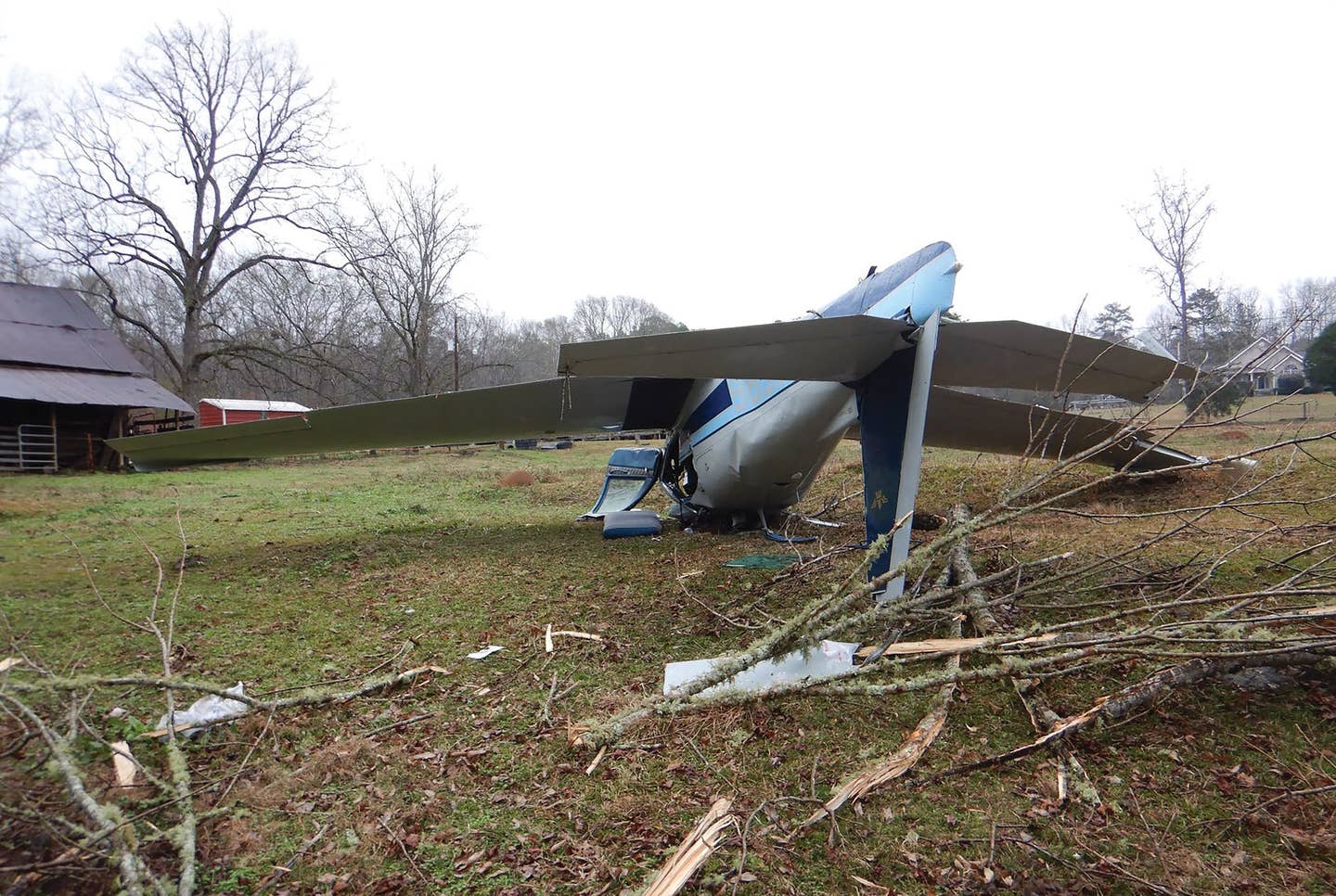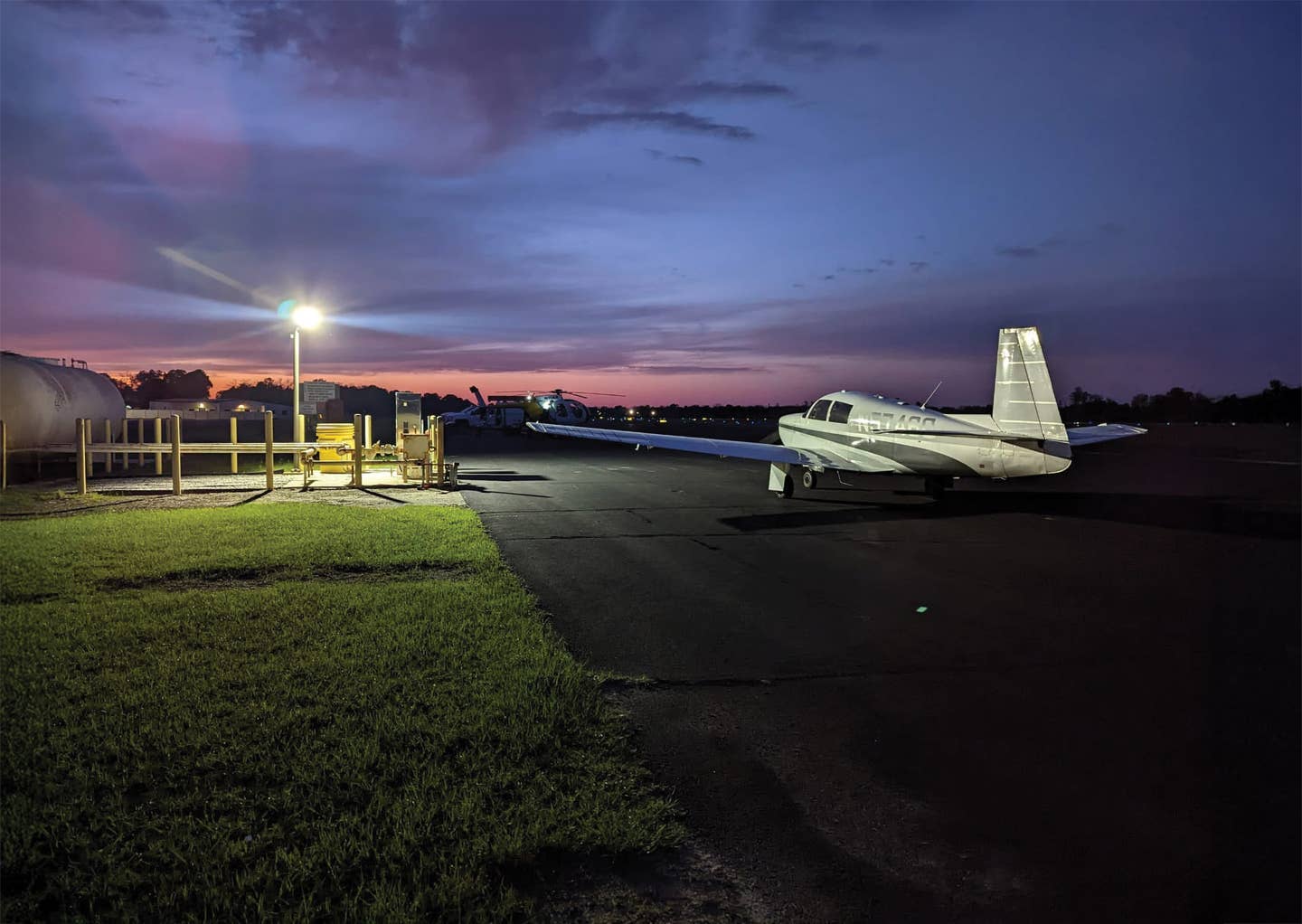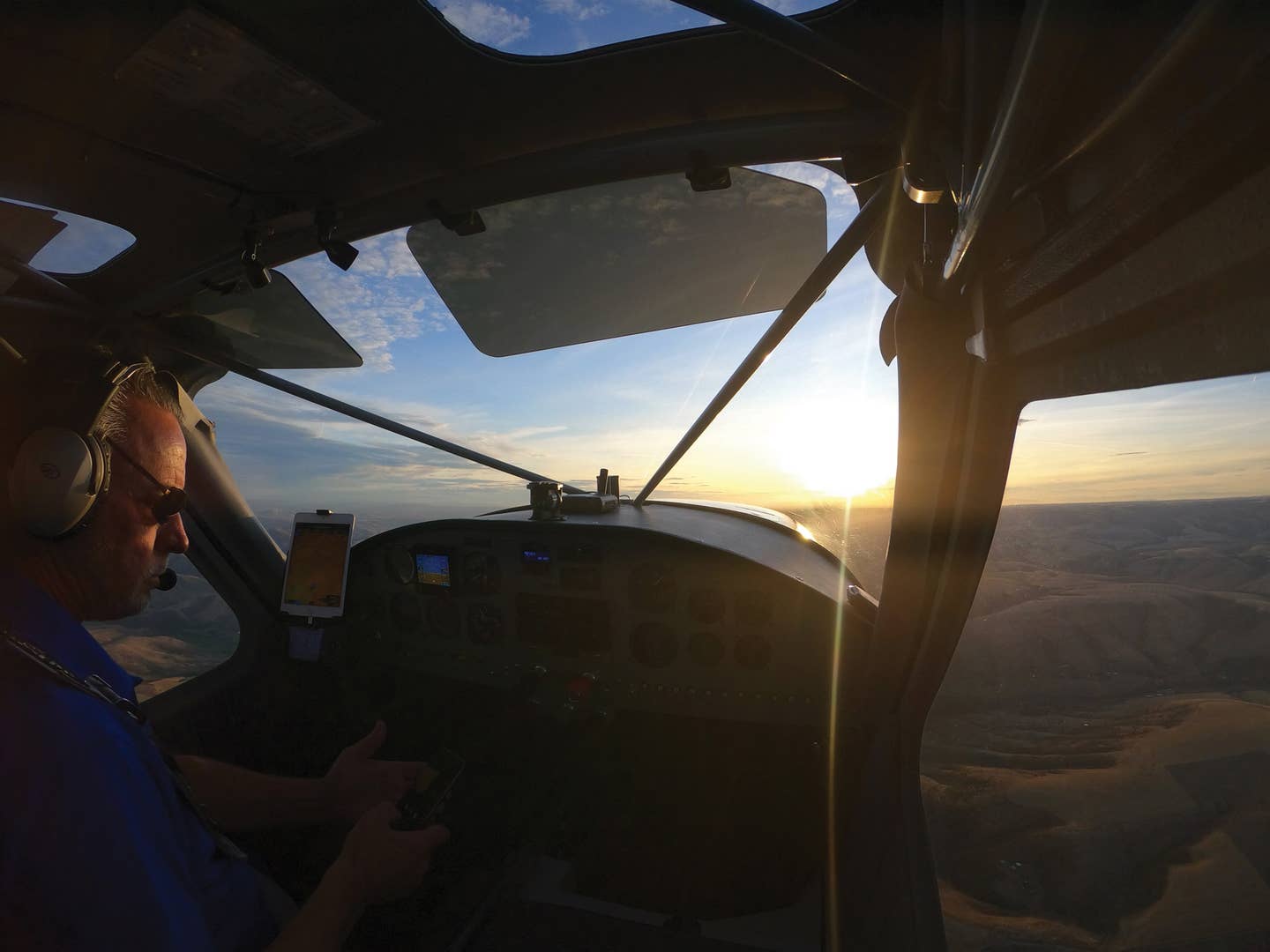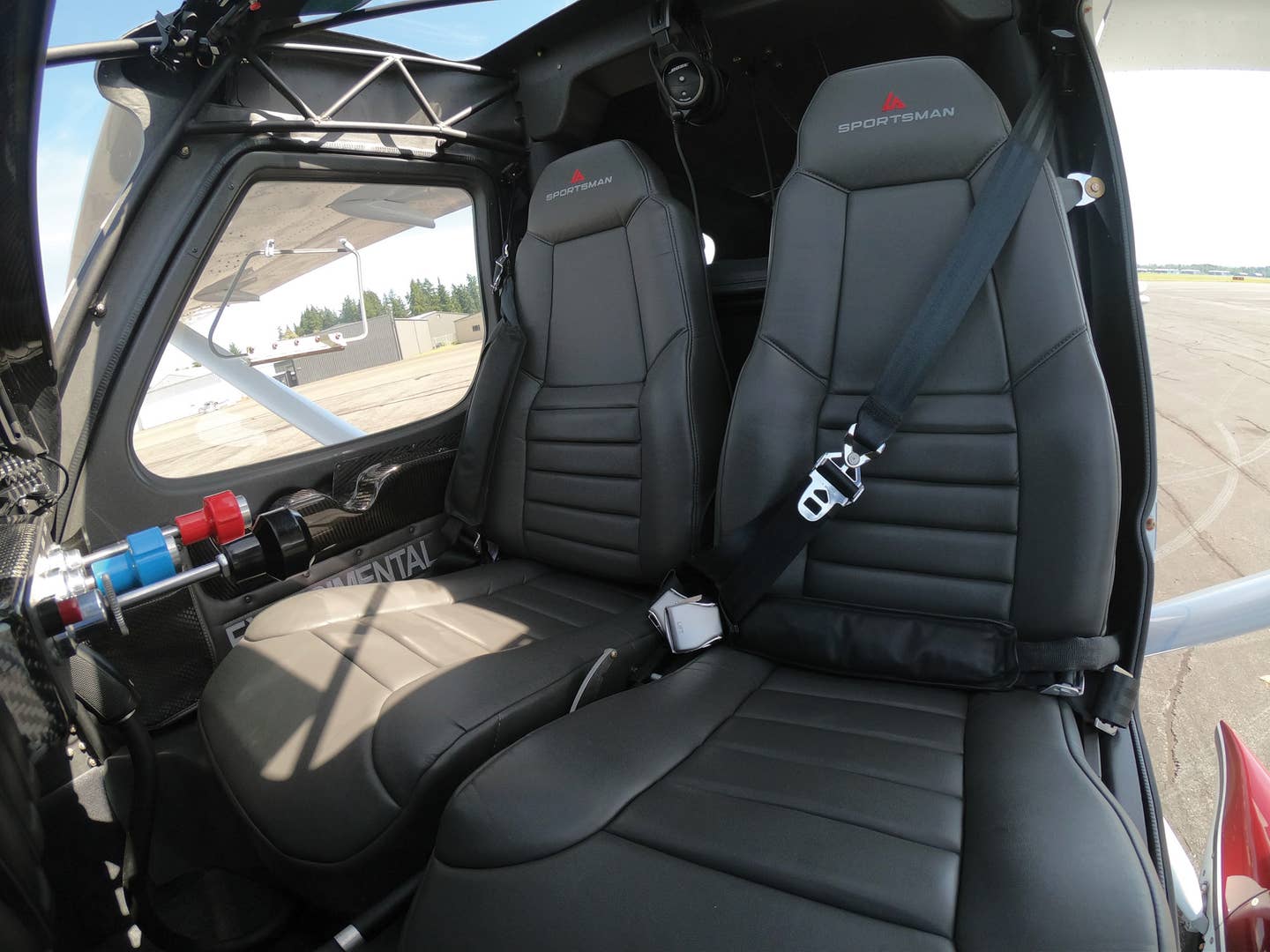Pilot Recalls Crash Pad Life
Living and somehow surviving a pilot’s life away from home.
UPDATE: As you might have read, the City of Boston recently shut down a crash pad that was used, according to a story by a local news outlet, by flight attendants commuting to or from Boston's Logan International Airport.
The City inspectors weighed in on the closure, citing numerous safety violations, including that there were 20 beds in the garage addition in East Boston.
The issue of the number of beds, which the inspector incorrectly linked directly to the number of occupants, is perhaps the biggest misunderstanding.
When a crash pad has a lot of beds, it's not to accommodate that number of people; it's because those beds "belong" to an individual. No one but that person sleeps in that bed. The advantages to this should be obvious. In practice it is rare, an airliner pilot told us, to have more than a few people in the pad at the same time. -Editor
----
"VACATE," giant red letters proclaimed. "The Department of Buildings has determined that conditions in these premises are imminently perilous to life." The last line threatened arrest for anyone violating the order to vacate the property. Scrawled across the top was the phone number for the Red Cross shelter, presumably offering a safe place to stay while displaced. Each document just listed "transients" where the tenants would have normally been named individually.
And transient, you know, is just a six-dollar word for homeless.
After a decade of living "in domicile" and driving to work with my prior airline, I moved up to an airline whose junior bases were all more than 700 miles from home. Airline flight crews enjoy the ability to commute from nearly anywhere their patience allows. Reciprocal jump seat agreements mean that we can show up to the airport and beg a ride on most airlines, cargo carriers, and some charter operators. Essentially, we can thumb a ride to work. Junior pilots and flight attendants, lacking the seniority to bid "commutable" trip pairings, are forced to come in the day before a trip on their line or, in my case, to sit for their reserve days in a city far from home.
That's where crash pads come in.
Airline hubs are rarely in places where rent is cheap. The junior pilots and flight attendants at airlines have the double whammy of sitting reserve while burdened with first-year pay, which usually is starkly lower than the following years' compensation. As a result, rather than pick up an apartment or a hotel room for time spent "in domicile," junior commuters resort to a more communal place to rest. For instance, crash pad rents hover around $300 a month in New York. Renting someone's bedroom can run three to five times that much. Add a zero to the monthly crash pad rent if you want a place to really call your own.
The city of New York, though, takes a dim view on this sort of arrangement.
My first crash pad in NYC was a house in a quiet neighborhood. Basically, any room with physical space for bunk beds was so filled, and according to citations posted by building inspectors, a total of 36 beds were in the single-family home. I'll take the city's word for it, as I quit counting before reaching the top floor. I started on the top bunk in a room with six beds, and after a few months, I upgraded to a comfortable bedroom in what had been a sunroom or office off the pantry. There were only three beds, and I had a lower bunk. The wiring was suspect---the range hood in the kitchen had blown a fuse and disabled all but one outlet in the kitchen. A carbon monoxide detector was plugged into one of the outlets that didn't work. In the basement laundry room, there stood an ancient stainless steel and brass fire extinguisher, and one bathroom housed what may have been the first flushing toilet in Queens.
My breakfast cooking got a little sideways one morning, and the smoke alarm failed to rouse any of the day-sleepers. My moment of relief at having not bothered anyone immediately faded to fear that if something did happen, there was but one way out that wouldn't require busting a window. Bars covered many of those windows. Would any of us wake in time if there was a fire?
The house had some rooms with flight attendants, so seeing women in various stages of dress passing through the kitchen to the bathroom was awkward at times. I just kept my eyes on the screen of whatever device was handy. It was such a diverse and unlikely mix of people that it really felt like a reality show from a decade ago.
Spouses back home invariably fret over the conditions in a co-ed crash pad. When you've listened to a flight attendant recount, in excruciating detail, the story of her horrible commute that led to a missed trip, in its eighth telling, it will drive you to extremes. You'll take a nap, head out for a run, or go to bed at 8:30 to get away from it. You'll walk 3 miles to lunch, then stop for a three-hour coffee break on the way back hoping to avoid a ninth telling of the tale. I'm sure some singles have hooked up in a crash pad at some point. But the work gossip and drama are the exact opposite of a turn-on for most of us. The lack of space and privacy drives us to extreme measures in trying to keep to ourselves. Many on bottom bunks are tented with sheets and towels around the overhead frame to create a privacy tent of sorts. We would much rather be flying or at home. Those with a relationship back home grow to appreciate their significant others all that much more in the end.
Some of the roommates were less than considerate. Some came in completely intoxicated after a night on the town and blasted music from their Bluetooth speakers beyond midnight. Another, asked to leave after allegedly failing to make a rent payment on time in months, staged a high-temperature fish fry that left a heck of a smell throughout the house as she left. There were loud accusations aired at our landlord. It wouldn't surprise me if one of those asked to leave called the city in for the crackdown. It was a scorched-earth tactic that hurt a good many of us.
It wasn't all misery, though. There were meaningful friendships forged. Andrew, a regional pilot, had a keen interest in antique airplanes. We spent a day at the U.S.S. Intrepid museum, drooling over the more obscure airplanes that escape public adoration. He and I rode out to Floyd Bennett Field to watch the first flight of the Berlin Airlift Historical Foundation's C-97G after a lengthy restoration. Once folks figured out I could cook pretty well, they started wandering past at dinnertime to see what I had going. "A couple bucks gets you in," I joked, and more than once, I turned a profit from sharing a southern comfort-food dinner in Queens. Tired of takeout pizza and Chinese food, several of my roommates appreciated a real home-cooked meal. Many of us kept tabs on each other's families. Just days before things went off the rails at my crash pad, Amy threatened to send me up to New York to be with my "fun friends," so she could enjoy a quiet moment at home without my endless racket. Several months later, Amy and I had a few hours to kill in JFK, and we caught the bus out to Queens. She got a quick tour of the pad and never made the threat of sending me up there again.
The day of the housing raid, harried texts from my roommates clued me in, just moments after police cars rolled up to the crash pad. Snapshots showed uniformed officers on scene, plastering the entrances with stern warnings prohibiting habitation. I called every lead I could find with a pad in the neighborhood. All bunks were filled, I discovered, and I went to the airport for my commute to work, fully expecting to sleep in our crew lounge that night.
Are you an aviation enthusiast or pilot? Sign up for our newsletter, full of tips, reviews and more!
Finally, in New York and starting to worry, I called one last person on my list of prospects. "Oh sure, I'll text you an address and door code. Make yourself at home," he said.
I stopped at the corner store on my way to the crash pad and picked up a big plastic container to carry my few belongings at the pad across town. When I walked into the pad, a roommate was on the phone with another pilot who'd stayed with us, and we reminisced like old friends, although we'd only known each other a month or two. "Let's get together and have a barbecue after we all get resettled," one suggested. We all said we would, knowing that it would never come to be.
The list of charges affixed to the door was lengthy. In addition to the multitude of beds, there were citations for a gas line not being up to code, a lack of sprinklers, inadequate smoke detectors, and exit routes blocked in case of a fire. Indeed, the door leading to the outside from my room was locked without a key available; the front door was also barred off with no ability for us to open it. In all, 11 charges were filed against my landlord. My name was nowhere on the papers---again, I was "transient" according to the City of New York.
But, I was "transient" no more than a few hours. The two-block move took two trips using my roller bag, a shopping sack and the plastic storage bin. The new place was a little cleaner, slightly less crammed and had a less-unsafe kitchen. New friendships quickly forged, although I found myself at the bottom of the pad's seniority list---and stuck on a top bunk.
Nearing age 40 and sleeping on the top half of a metal bunk bed isn't where I dreamed this career would take me. Luckily, I held a line just a few months later and soon had commutable trips that ensured I was in the crash pad no more than a few nights a month. But I still get a chuckle at that day when, in the Big Apple's eye, I was transient and eligible to bed down at a Red Cross shelter. For years, "transient pilots" were the ones grabbing the FBO car for a run into town for lunch. I never figured it would cross over to that other definition in the dictionary.

Subscribe to Our Newsletter
Get the latest Plane & Pilot Magazine stories delivered directly to your inbox






